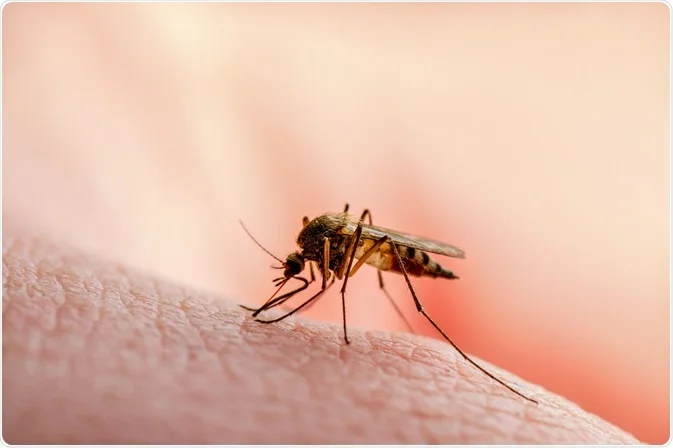
Egypt has been officially declared malaria-free by the World Health Organization (WHO), marking the end of nearly a century-long battle to eradicate the deadly mosquito-borne disease. The WHO hailed this achievement as “truly historic,” noting that malaria, once prevalent throughout Egyptian civilization, has now become a thing of the past.
The WHO’s certification was granted after Egypt successfully interrupted the transmission of malaria for at least three consecutive years, a key requirement for the status. Malaria, which still claims over 600,000 lives annually—mostly in Africa—has been eradicated from Egypt thanks to decades of consistent effort.
This makes Egypt the third country in the WHO’s Eastern Mediterranean Region to achieve this status, following the United Arab Emirates and Morocco. Globally, 44 countries and one territory have reached malaria-free certification.
Egypt’s fight against malaria began in the 1920s, with strategies aimed at limiting human-mosquito contact, such as banning rice cultivation near residential areas. The WHO emphasized that while the certification is a major milestone, Egypt must remain vigilant to maintain its malaria-free status. Preventative measures, such as monitoring for potential re-emergence and avoiding mosquito bites, will continue to be crucial.
 GhArticles.com Every News in Detail
GhArticles.com Every News in Detail



